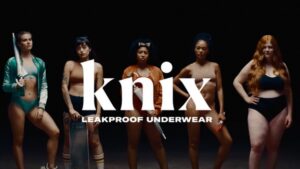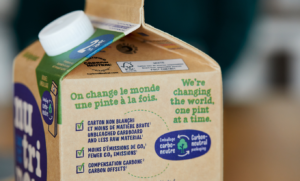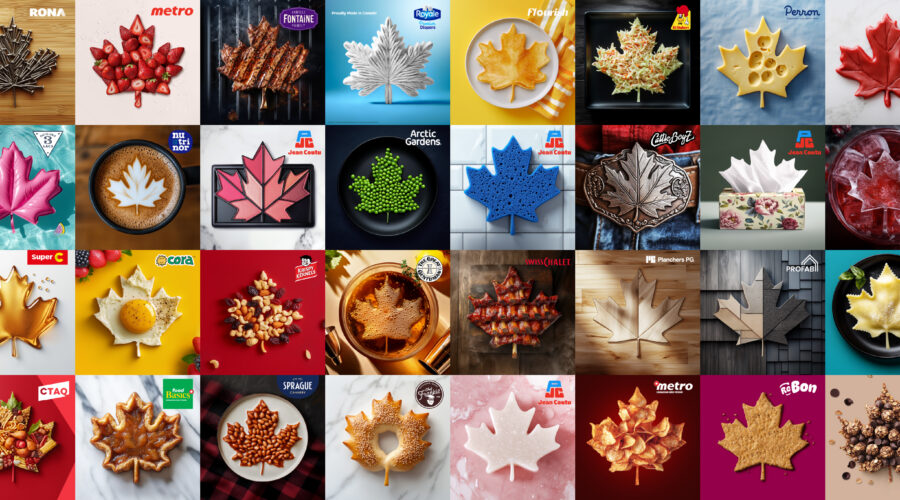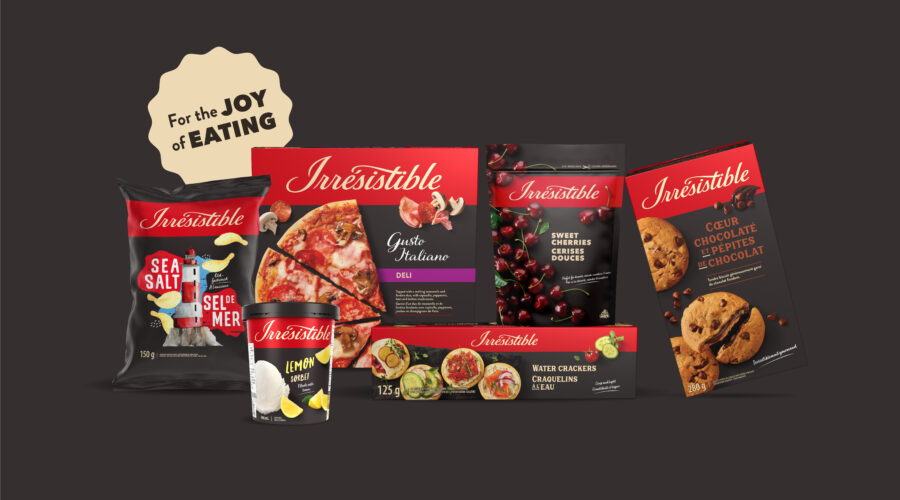Gen Z has proven itself to be a tricky generation to reach – a group that typically runs the moment they smell they’re being sold to. They are the generation of unmarketing. As digital natives, they have the highest information diets out there and therefore limited attention spans while paradoxically having the ability to seek out and retain critical information the fastest. They support causes and brands that support these movements with conviction – but only if the cause is intrinsically knitted within the DNA of a brand. Hence, 80% of decisions are made outside of lowest price and on the perceived value of the brand – to the consumer and society as a whole.[1]
Here are 3 concrete ways for creating marketing communications content that resonates with Gen Z.
Entertain First
The single most effective way to get noticed by Gen Z upon first impression is to entertain them.
As society has grown more comfortable talking about mental health issues, is important to remember that Gen Z is more highly prone to mental health disorders due to excessive technology consumption, the demands of modern life in a tough economy, and spending many of their formative years in pandemic lockdowns. Surveys have revealed that a large number of Gen Zs are stressed (42%) and even overwhelmed (31%) when it comes to their financial situations[2]. This is why entertainment is so, so important to this generation – anything that can bring a smile or a boost of dopamine and/or serotonin is warmly welcomed. This is why Youtube, Netflix, and TikTok (amongst a ton of other entertainment platforms and brands) keep showing up on Gen Z’s list of favourite brands.
Content-leveraging gaming components or humour do extremely well, and sometimes just the absurdly odd (think 2023 Oscar Best Picture winner Everything Everywhere All at Once). Sometimes the best marketing strategy is irreverence.

Push Your ‘Brand’s Truth’, and Not Just ‘What is True’ about Your Brand
We’ve heard this time and time again, but marketing authentically, in an engaging manner seems to continually be about as tough as trying to nail Jello to a tree.
Why?
Brands tend to confuse factual truths about their business as their brand truth, and leverage the less-powerful of the two in marketing communications. This results in bland messages that miss the point with Gen Z audiences for brand resonance.
Toronto-founded Knix is a good case of a brand that distinguishes between the two and leverages the brand’s truth for success. For example, it may be factually true that Knix sells leak‑proof underwear to women, and that this was the initial conception of the brand. They do indeed share it as a selling point – but the brand has exploded in popularity and success, because Knix positioned itself and leveraged its actual brand truth in its marketing communications that Knix is the brand that is reinventing intimates. The brand solved many taboo but common problems women deal with – with underwear and intimates – whether it be leak problems, bulging, lack of support or size options, or a market gap for attractive and functional intimates at once, etc. – resulting in the brand manifesto that “Everyone should be unapologetically free. Free from judgment. Free from self-doubt. Free to be yourself.” – which may now be an apparent no-brainer for intimates, but no brand had tapped into or exploited this truth in a category that was flooded with the Victoria’s Secret standard of beauty. The brand broke through the category with creative flooded with real women, with real bodies, and talking about real problems. Today, just about every mainstream intimates brand has followed suit – Victoria’s Secret included, but Knix reigns supreme with its authenticity of inclusivity in its DNA, while copycats appear to be using it as a marketing tactic.

Nutrinor, a regional Quebec milk brand and client of Pigeon, is another example of a brand that found and leveraged its truth and purpose, truly distinguishing itself from the competition and setting it up for success. In an industry that is notorious for its unfavourable carbon footprint, the Nutrinor cooperative instilled sustainable practices in its network of milk production from the treatment of the cows through to carbon-neutral packaging and transportation – all of which we distilled into its positioning leveraged across 360 communications sharing the brand’s mission about traceability, carbon-neutral packaging, and sustainable practices.

Selection, price, and convenience are no longer enough. Your brand must provide a solution or aid to a problem – and the right problem. You must find its purpose and exploit it. People are 4‑6 times more likely to purchase and advocate brands with a clear sense of purpose that aligns with their values.[3]
If you can’t define your brand’s truth, your creative campaign is going to miss the mark, and it may be time to head back to the drawing board with your brand strategy.
Avoid Cause-Washing Like The Plague
This point ties into the former about leveraging your brand’s truth. As alluded to before, it may be true that a brand has recyclable packaging – but if this becomes the driving communication point behind your brand’s campaign when sustainability is not an integral part of your brand in just about every other possible way, Gen Z is going to call BS and put you on blast for it, very fast.
‘Although sustainability has become mainstream and is more and more the price of entry, 72% of Canadian Consumers are likely to stop buying if a brand is perceived to be greenwashing. The companies who are doing it well have experienced exponential growth.’[4] If you don’t have a very strong CSR angle built into your brand positioning itself, do not lead with a cause in your marketing communications. It’s better to opt for pure entertainment and/or lead with what is the core benefit of your product than to try and convince Gen Z that they’re doing something better for the planet than they really are by buying your product.
We would love to help unlock your brand’s full potential resonating with Gen Z. For more information or to book a Face the Truth session, reach out to info@pigeonbrands.com
Amy Pigeon, Marketing Manager, 360 + Social
[1] Don Mayo, IMI International, A playbook on how to carve a competitive path, 2023
[2] Leger Opinion online panel with 1,751 Canadians, April 12-17, 2023, including 250 Gen Zs.
[3] Source: Doug Stephens, The future of business in a post-pandemic world, 2021
[4] McKinsey/NielsenIQ study, Consumers care about sustainability and back it up with their wallet, 2023






